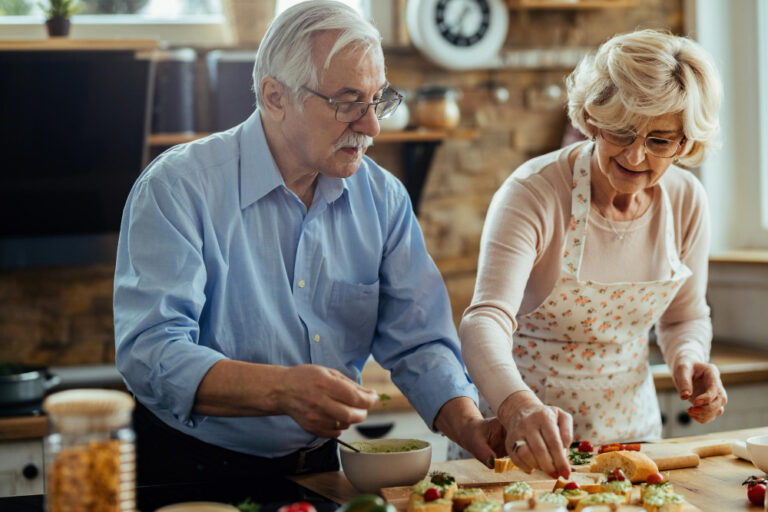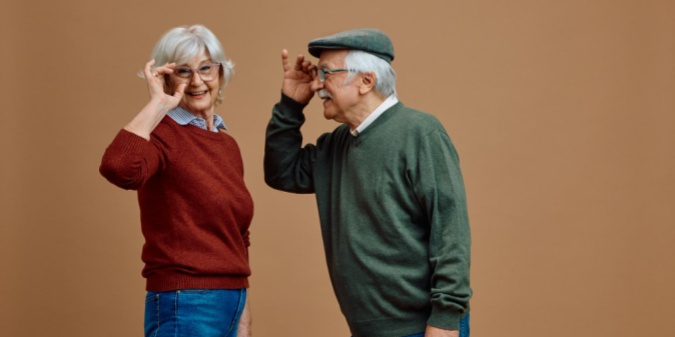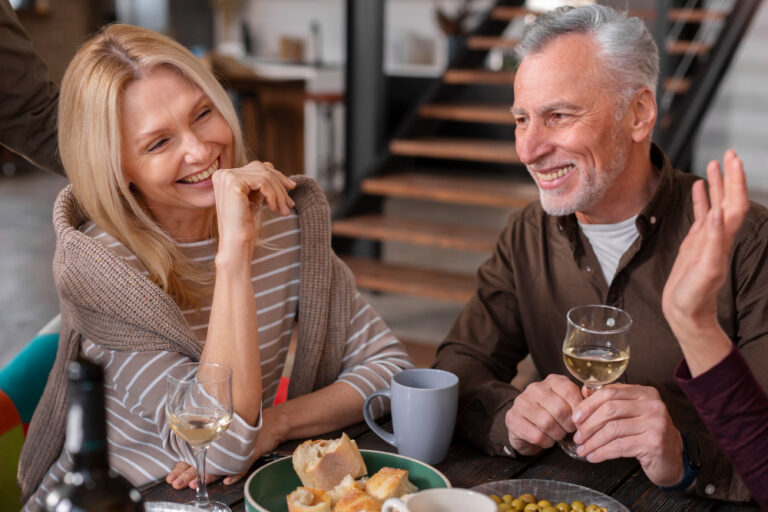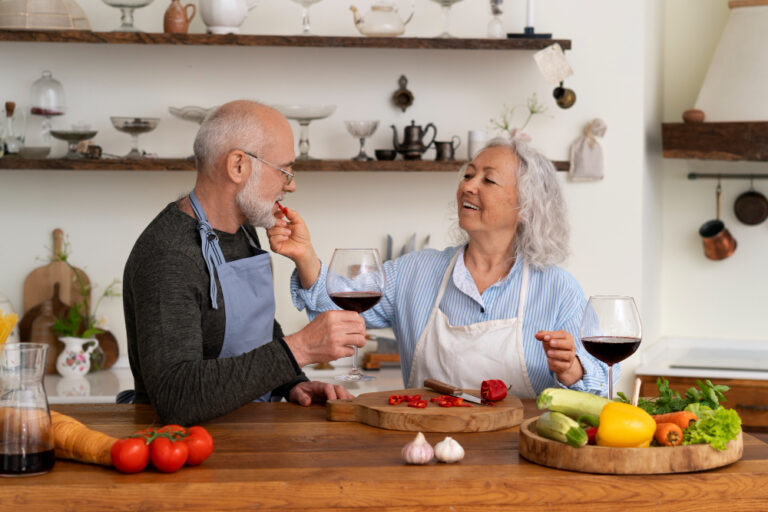With the change of time, marriage is no longer just for young people, more and more senior people also find each other’s favorite partner through senior dating platform and hope to enter the marriage hall. For seniors, marriage is not only an emotional choice, but also an important life decision. Preparation for marriage is especially critical, and it involves not only the emotional needs of individuals, but also finances, health, family relationships, and many other dimensions. This article will explore some of the preparations older adults should make before getting married to ensure a smoother and more enjoyable married life.
Emotional Readiness
Elderly people have often experienced many ups and downs in their love life and their emotional needs may be more mature and rational, thus making them more cautious in their choice of marriage. Emotional preparation first requires self-knowledge.
1. Clarify One’s Needs and Expectations: Elderly people often have more explicit needs in marriage, such as looking for a partner who will stay with them until old age, rather than just looking for passion and romance. Before getting married, it is important to know what you expect from your marriage: whether you want your partner to share the time ahead, or whether you want more support and care in your daily life. These needs determine the choice of partner and can help older people avoid entering into a marriage that does not meet their expectations.
2. Communication with the Partner: Marriage is not just about the union of two people, it also involves the integration of two people’s families. When choosing a marriage partner, older people need to have in-depth communication with each other to understand each other’s values, habits, and future plans. For example, whether they are willing to travel together in their later years and participate in each other’s family gatherings. Through communication, unnecessary conflicts and misunderstandings after marriage can be avoided.
Financial Preparation
Financial preparation for marriage is especially important for older adults. This is because at this age, many people already have a regular source of income and accumulated assets. Marriage is not just a bond of affection, but may also involve the management and distribution of wealth.
1. Clarify Personal Financial Situation: Before getting married, older people should have a comprehensive overview of their existing financial situation, including assets, liabilities, pensions, savings, etc. This will not only help in the management of personal finances, but will also help in the management of the financial resources of the family. This will not only help in the management of personal finances, but will also enable the couple to be more transparent about their finances and avoid future disputes over financial matters.
2. Discuss Financial Consolidation and Distribution: Discussing financial issues before marriage is an important step in avoiding future conflicts. Older couples should discuss with their partners whether to combine finances or maintain separate financial management models. In this discussion, it is important to focus not only on daily expenses, but also to consider how to allocate their long-term financial arrangements such as retirement and insurance.
3. Consider Estate Planning: Elderly people are usually more concerned about estate planning, especially when marriage may involve children of both partners and the distribution of the family estate. It is advisable to reach a consensus with your partner before you get married and draw up a will or other relevant legal documents to ensure that the wealth and assets of both parties are managed and distributed appropriately after the marriage, and to avoid possible legal disputes in the future.
Health Preparation
Elderly people should pay more attention to their own health and the health of the other party when entering into marriage because health problems will not only affect the quality of life of an individual, but also have far-reaching effects on married life.
1. Assessment of Health Status: Before marriage, older people should undergo a comprehensive health checkup to understand their health status. This is not only for your own health, but also to give your future partner a clearer picture of your health so that he or she can make adjustments in life accordingly. It is also important to take care of your partner’s health to make sure that the other person is not suffering from some major illnesses or health problems, which may have a great impact on the living arrangements and care after marriage.
2. Plan to Take Care Of Your Health Together: With age, the body’s functions gradually decline. Therefore, older people should consider how they will work together to maintain their health before getting married. For example, whether they are willing to participate in fitness activities together, whether they share a common diet, and whether they can provide the necessary care when the other is sick. These factors can help both people maintain a healthy married life.
Preparation for Family Relationships
Before an older person gets married, it is important to consider not only the relationship with their partner, but also the interaction between their respective families. Especially since many older adults already have children and grandchildren of their own, marriage is not only a matter of two people, but also involves members of both families.
1. Acceptance and Integration of Children: When an older person marries his or her partner, the children may react differently. Some children may welcome the union of the new parents, while others may be resistant to the new partner because of concerns about inheritance or other reasons. Therefore, before the marriage, older people need to communicate openly with their children to understand their feelings and seek their support, so as to avoid problems arising from incompatible family members after the marriage.
2. Plan for Family Responsibilities: Family responsibilities in marriage are not only for the couple but may also include taking care of elderly parents and supporting the elderly. Elderly people should consider how to rationalize their family responsibilities before getting married, so as to avoid conflicts arising from one of the parties being unable to bear too much burden.
Legal and Psychological Preparation
Marriage is not only a union of emotions and life for older people, but also a legal contract. Therefore, it is also essential to understand the relevant legal issues before getting married.
1. Prenuptial Agreement: If an older person has accumulated some property prior to marriage or has a need for inheritance, he or she may consider entering into a prenuptial agreement. This not only protects the property rights of both parties, but also reduces disputes among family members in the event of unforeseen circumstances after marriage.
2. Psychological Preparation: Marriage for an older person may be a second marriage and may carry certain psychological burdens. For example, the older person may have a certain amount of mistrust or concern about marriage, especially if past marital experiences have not been favorable. Therefore, before getting married, older persons should make psychological adjustments, keep an open mind and prepare for new challenges in life.






